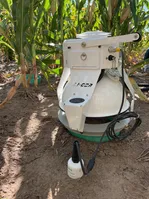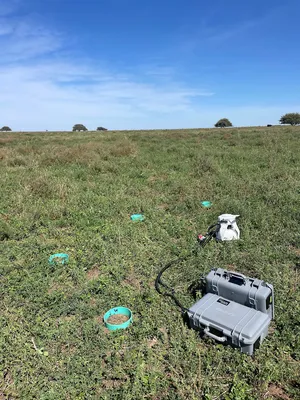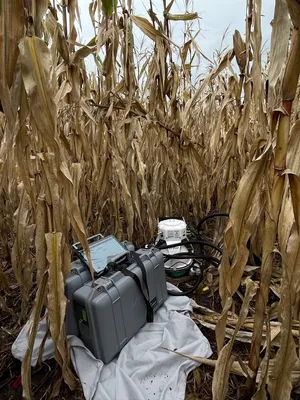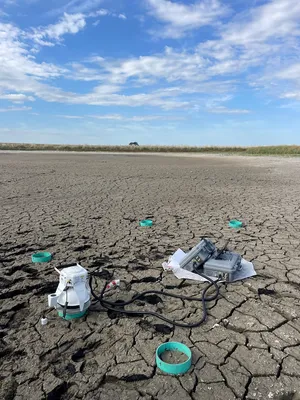Soil and global change: land use & biogeochemical processes

Soil ecosystems build the foundation for plant growth, host a great diversity of organisms, regulate the water and nutrient cycles, and play a crucial role for carbon storage and dynamics as they facilitate gas exchanges from and to the atmosphere. Land use change, such as deforestation and conversion of native vegetation to agriculture, alter soil structure and soil biogeochemical properties affecting the carbon storage capacity and greenhouse gas fluxes from soils. Understanding the underlying mechanisms and controlling factors is highly relevant for developing sustainable land management practices to mitigate climate change impacts and preserve soil ecosystem health, thereby ensuring food security. Together with a research team from Argentina, we are investigating the effect of land use change and flooding on the biogeochemical cycles and gas exchange (CH4, CO2 and N2O) in soils in the Pampas and Chaco regions of Argentina. The goal is to identify critical variables and driving factors for changes in carbon losses and dynamics.
Research team
Researchers
TUM: Stella Nevermann (PhD candidate), Prof. Dr. Mariana Rufino
GEA (Grupo de Estudios Ambientales): Esteban Jobbágy, Marcelo Nosetto, Marcos Niborski (PhD candidate)
IHLLA & UNICEN: Javier Houspanossian, Francisco Diez (PhD candidate)
Lancaster University: Nick Ostle
MSc & BSc theses:
To be added


